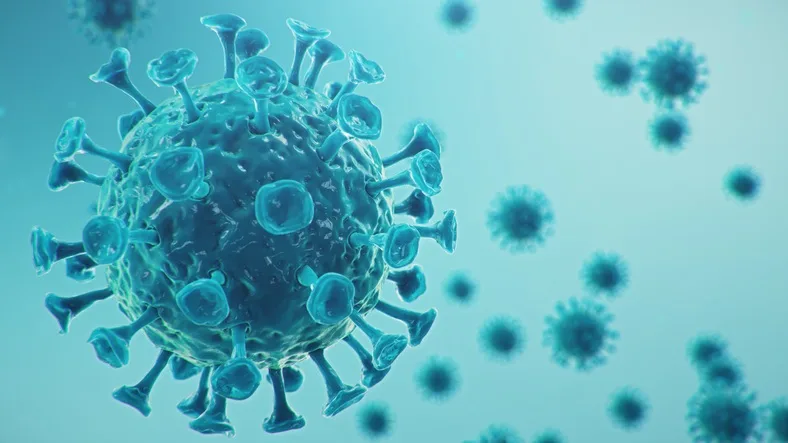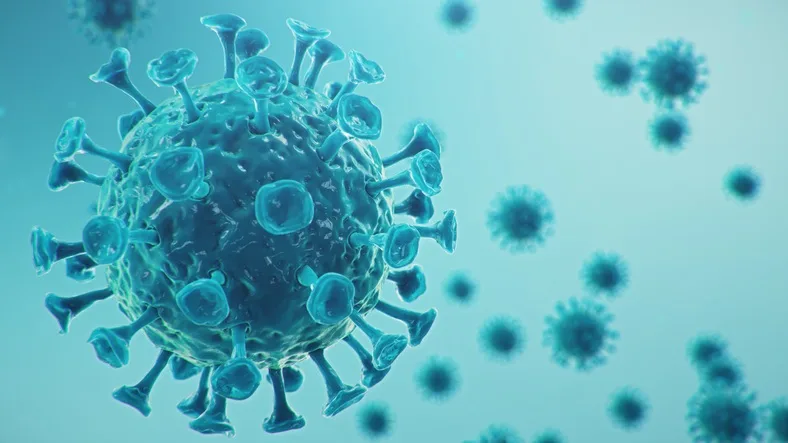
Researchers create air filter that can kill coronavirus
A new invention could help make the world a little bit safer.
A team of researchers has developed an air filter that can 'trap' coronavirus and kill it instantly, according to a statement from the University of Houston (UH).
A paper on the invention has been published in Materials Today Physics.
KILLS 99.8 PERCENT OF NOVEL SARS-CoV-2
In lab tests, the filters killed 99.8 per cent of SARS-CoV-2, the virus that causes COVID-19, in a single pass through the filter. It also killed 99.9 per cent of anthrax spores tested.
The technology is made from commercially-available nickel foam heated to 200 degrees Celsius.
"This filter could be useful in airports and in airplanes, in office buildings, schools and cruise ships to stop the spread of COVID-19," Zhifeng Ren, MD, director of the Texas Center for Superconductivity at UH, said in a statement.
"Its ability to help control the spread of the virus could be very useful for society."

Close-up of SARS-CoV-2 under a microscope. 3d illustration. Getty Images.
HOT HOT HEAT
Coronavirus can't survive in temperatures above 70°C, so researchers opted for a heated filter. They used nickel foam because it is porous and allows for better airflow, it's flexible and is easily heated. By folding the foam and connecting it with multiple electrical wires, they were able to raise temperatures as high as 250 degrees Celsius.
The team hopes to scale up the production of the filter so that it can be added to heating and air conditioning filtration systems in hospitals, schools, airports, and other public spaces.
MASKS STILL REQUIRED
While the filters could help significantly reduce the spread of coronavirus and make venturing out into the world safer, health experts say physical distancing and face masks will still be required in indoor spaces.
“A filter alone is insufficient; we still need masking and testing and all the other parts of the public health approach," Dr. Megan Ranney, MD, told Forbes.
"This type of filter could—if it really works— help to decrease the amount of circulating virus in a closed space. But if two people are sitting face to face, and one coughs on the other, even the best filtration system in the world won't protect the second person from being infected."
